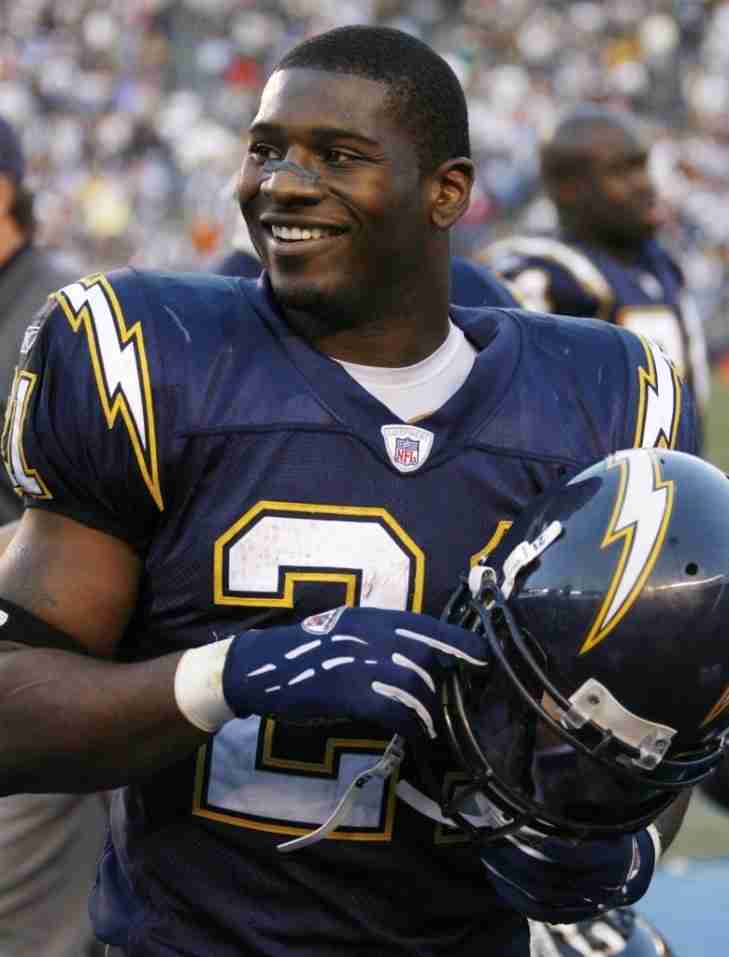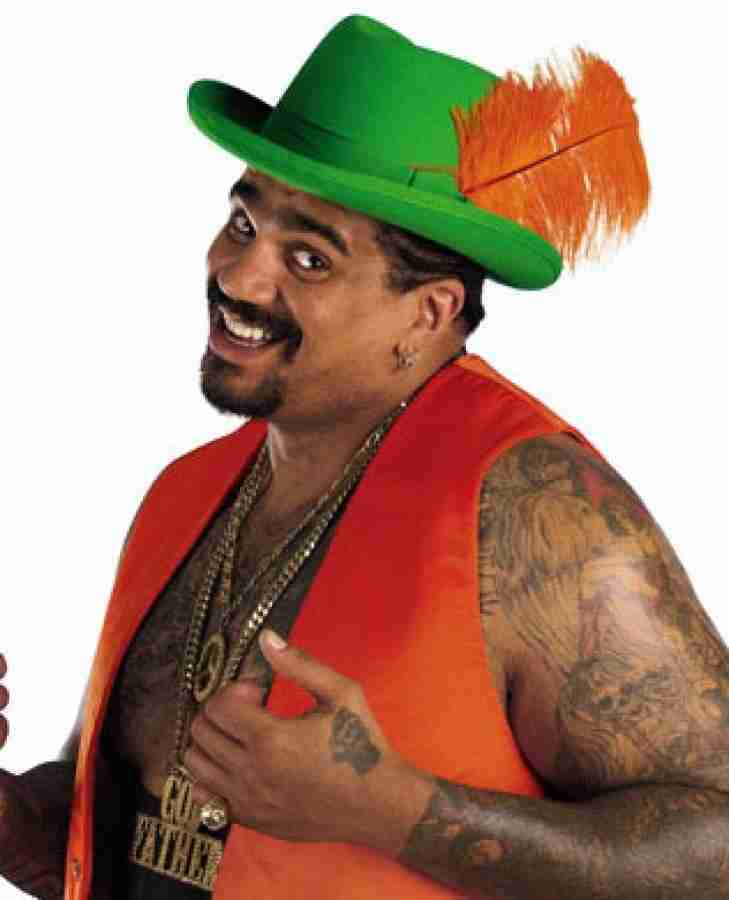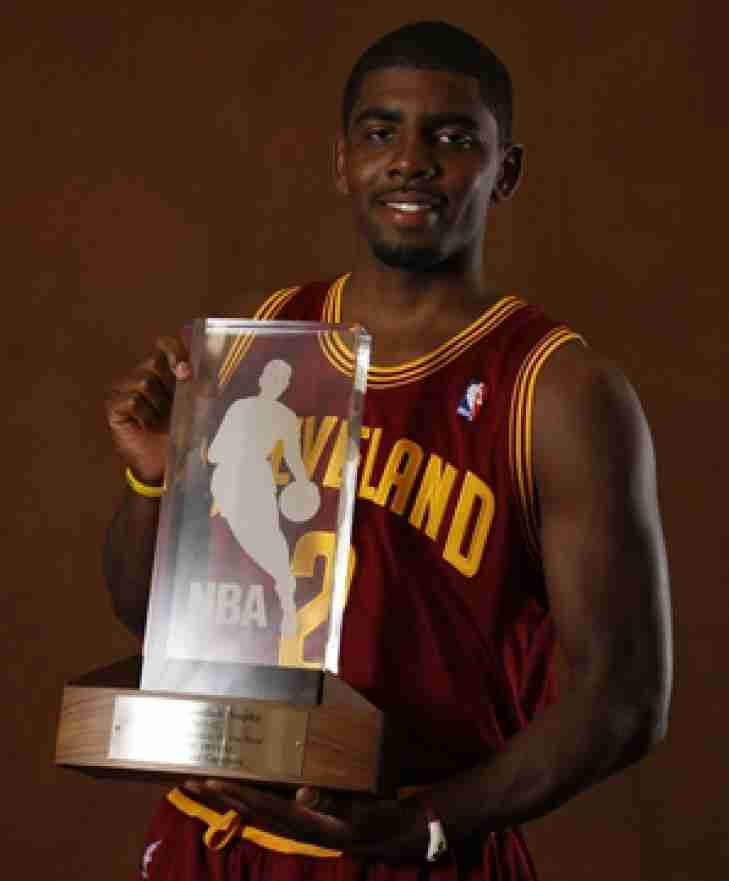
Committee Chairman
Kirk Buchner, "The Committee Chairman", is the owner and operator of the site. Kirk can be contacted at [email protected] .
Kendrick Lamar to induct N.W.A. to the RRHOF
Feb 24, 2016
Published in
Not in Hall of Fame News
Two new inductors have been named for the upcoming Rock and Roll Hall of Fame ceremony on April 8.
Pioneering rap group, N.W.A., will be inducted by Kendrick Lamar, who has long cited the hip-hop icons as a major influence in his career.
Kid Rock will be on hand to induct the Chicago based band, Cheap Trick.
These two superstars will join Lars Ulrich (believed to be inducting Deep Purple) and The Black Keys (believed to be inducting Chicago).
We are sure that there will be more news (and potentially drama) with the impending ceremony as it wouldn’t be a Rock and Roll Hall of Fame induction without it!
Pioneering rap group, N.W.A., will be inducted by Kendrick Lamar, who has long cited the hip-hop icons as a major influence in his career.
Kid Rock will be on hand to induct the Chicago based band, Cheap Trick.
These two superstars will join Lars Ulrich (believed to be inducting Deep Purple) and The Black Keys (believed to be inducting Chicago).
We are sure that there will be more news (and potentially drama) with the impending ceremony as it wouldn’t be a Rock and Roll Hall of Fame induction without it!
Our Football List is Revised. Jerry Kramer back to #1
Feb 23, 2016
Published in
Not in Hall of Fame News
A few weeks ago, the Pro Football Hall of Fame inducted their latest class, which means one thing for us at Notinhalloffame.com…it is time to revamp our list our top 100 on the football list for next year’s class!
Recapping what happened last year, Brett Favre (#1), Marvin Harrison (#3), Ken Stabler (#6), Orlando Pace (#15), Dick Stanfel (#30) and Kevin Greene (#37) were selected along with Eddie DeBartolo Jr. and Tony Dungy were all inducted. With three of our top ten chosen, a major overhaul at the top has occurred as three new eligible entrants made the top ten.
Jerry Kramer, the only man who was named to the 75th NFL Anniversary Team who was not named to the Pro Football Hall of Fame returns to the top spot. Kramer played in the first two Super Bowls with the Green Bay Packers and remains a Lambeau legend.
LaDainian Tomlinson, the former Running Back who will be eligible for the first time, holds #2. Tomlinson spent most of his career with the San Diego Chargers and he is a former three time First Team All Pro and was the MVP in 2006. Tomlinson is also a two time rushing champion.
Former Super Bowl MVP, Chuck Howley, has his highest rank at #3. Howley is a six time Pro Bowl Selection.
At #4 is Alan Faneca, who is entering his second year of eligibility. The former Offensive Lineman was a Finalist last year.
L.C. Greenwood is ranked at #5. The former Defensive End helped the Pittsburgh Steelers to four Super Bowls and he has been a Hall of Fame Finalist six times.
The always controversial, Terrell Owens, returns at #6. The Wide Receiver has been vocal about the Hall of Fame voting process being flawed and has been the subject of much debate.
The now eligible Brian Dawkins comes in at #7. Dawkins adds to the already heavy logjam at Safety.
Torry Holt, who was not a Finalist last year, is ranked at #8.
AFL star, Johnny Robinson is at #9. Robinson is a former Super Bowl winner with the Kansas City Chiefs.
Rounding out the top ten is another new entry, Defensive Tackle, Jason Taylor, a six time Pro Bowler.
The other new entries to our Notinhalloffame.com Football list are:
Former Super Bowl MVP, Hines Ward enters our list for the first time at the #21 spot.
The “infamous” Ochocinco, Chad Johnson debuts at the #26 spot.
Former Quarterback, Donovan McNabb, enters our list at #30.
Wide Receiver, Derrick Mason makes his first appearance on our list at #59
Former Chicago Bear, Offensive Lineman, Olin Kreutz debuts at #69.
At #96, Joey Porter, the former Pittsburgh Steeler Linebacker who helped the Steelers win Super Bowl XL.
Gang, you know what we want you to do! Take a look at the new entries and cast your votes and give us your opinions.
As always, we here at Notinhalloffame.com would like to thank all of you for your support!
Recapping what happened last year, Brett Favre (#1), Marvin Harrison (#3), Ken Stabler (#6), Orlando Pace (#15), Dick Stanfel (#30) and Kevin Greene (#37) were selected along with Eddie DeBartolo Jr. and Tony Dungy were all inducted. With three of our top ten chosen, a major overhaul at the top has occurred as three new eligible entrants made the top ten.
Jerry Kramer, the only man who was named to the 75th NFL Anniversary Team who was not named to the Pro Football Hall of Fame returns to the top spot. Kramer played in the first two Super Bowls with the Green Bay Packers and remains a Lambeau legend.
LaDainian Tomlinson, the former Running Back who will be eligible for the first time, holds #2. Tomlinson spent most of his career with the San Diego Chargers and he is a former three time First Team All Pro and was the MVP in 2006. Tomlinson is also a two time rushing champion.
Former Super Bowl MVP, Chuck Howley, has his highest rank at #3. Howley is a six time Pro Bowl Selection.
At #4 is Alan Faneca, who is entering his second year of eligibility. The former Offensive Lineman was a Finalist last year.
L.C. Greenwood is ranked at #5. The former Defensive End helped the Pittsburgh Steelers to four Super Bowls and he has been a Hall of Fame Finalist six times.
The always controversial, Terrell Owens, returns at #6. The Wide Receiver has been vocal about the Hall of Fame voting process being flawed and has been the subject of much debate.
The now eligible Brian Dawkins comes in at #7. Dawkins adds to the already heavy logjam at Safety.
Torry Holt, who was not a Finalist last year, is ranked at #8.
AFL star, Johnny Robinson is at #9. Robinson is a former Super Bowl winner with the Kansas City Chiefs.
Rounding out the top ten is another new entry, Defensive Tackle, Jason Taylor, a six time Pro Bowler.
The other new entries to our Notinhalloffame.com Football list are:
Former Super Bowl MVP, Hines Ward enters our list for the first time at the #21 spot.
The “infamous” Ochocinco, Chad Johnson debuts at the #26 spot.
Former Quarterback, Donovan McNabb, enters our list at #30.
Wide Receiver, Derrick Mason makes his first appearance on our list at #59
Former Chicago Bear, Offensive Lineman, Olin Kreutz debuts at #69.
At #96, Joey Porter, the former Pittsburgh Steeler Linebacker who helped the Steelers win Super Bowl XL.
Gang, you know what we want you to do! Take a look at the new entries and cast your votes and give us your opinions.
As always, we here at Notinhalloffame.com would like to thank all of you for your support!
The Godfather to enter the WWE HOF
Feb 23, 2016
Published in
Not in Hall of Fame News
It was announced today that Charles Wright, who portrayed, “The Godfather”, “Papa Shango” and Kama Mustapha in the WWE, would be inducted into the promotion’s Hall of Fame.
Wright first trained to be a professional wrestler in 1989 and at the insistence of his friend, the Undertaker, he was brought in to the WWF in early 1992. He was given the persona of Papa Shango, a voodoo priest and he would feud with the Ultimate Warrior. The Shango character received a mixed reaction from the fans and by 1993 he was sent to the USWA, who had a reciprocal relationship with the WWF.
Wright would return to the WWF, but this time as “The Supreme Fighting Machine”, Kama and would be a member of the Ted DiBiase’s Million Dollar Corporation. His highwater mark for this gimmick was a Casket Match loss against The Undertaker at Summer Slam 1995. Shortly after the Royal Rumble in ’96, he would disappear again.
He would return a year later to join another faction, this time with the Nation of Domination. He was not featured much, but when the group splintered off, Wright evolved into the “Godfather”, a wrestling pimp who would bring “hos” to the ring. Within months, he would become one of the most over wrestlers in the company and would win the Intercontinental Championship.
He would later be part of another faction, which saw him renounce his ways and become the “Goodfather”, and was a member of the Right to Censor group, but that was shortlived and he would go back to the gimmick that made him famous until he semi-retired in late 2002.
Always on good terms with the WWE, Wright would make period appearances, including a Royal Rumble appearance in 2013.
Wright will be inducted by his real life friends, Ron Simmons and John Bradshaw Layfield, which might end speculation that JBL will be inducted as their has never been anyone who was an inductee and inductor in the same night.
We at Notinhalloffame.com had The Godfather ranked at #148, which again gives credence as to why he we rank so many.
We would like to congratulate Charles Wright for earning this accolade.
Wright first trained to be a professional wrestler in 1989 and at the insistence of his friend, the Undertaker, he was brought in to the WWF in early 1992. He was given the persona of Papa Shango, a voodoo priest and he would feud with the Ultimate Warrior. The Shango character received a mixed reaction from the fans and by 1993 he was sent to the USWA, who had a reciprocal relationship with the WWF.
Wright would return to the WWF, but this time as “The Supreme Fighting Machine”, Kama and would be a member of the Ted DiBiase’s Million Dollar Corporation. His highwater mark for this gimmick was a Casket Match loss against The Undertaker at Summer Slam 1995. Shortly after the Royal Rumble in ’96, he would disappear again.
He would return a year later to join another faction, this time with the Nation of Domination. He was not featured much, but when the group splintered off, Wright evolved into the “Godfather”, a wrestling pimp who would bring “hos” to the ring. Within months, he would become one of the most over wrestlers in the company and would win the Intercontinental Championship.
He would later be part of another faction, which saw him renounce his ways and become the “Goodfather”, and was a member of the Right to Censor group, but that was shortlived and he would go back to the gimmick that made him famous until he semi-retired in late 2002.
Always on good terms with the WWE, Wright would make period appearances, including a Royal Rumble appearance in 2013.
Wright will be inducted by his real life friends, Ron Simmons and John Bradshaw Layfield, which might end speculation that JBL will be inducted as their has never been anyone who was an inductee and inductor in the same night.
We at Notinhalloffame.com had The Godfather ranked at #148, which again gives credence as to why he we rank so many.
We would like to congratulate Charles Wright for earning this accolade.
Awards = HOF? Part Seventeen: The NBA Rookie of the Year
Feb 23, 2016
Published in
From the Desk of the Chairman
We here at Notinhalloffame.com thought it would be fun to take a look at the major awards in North American team sports and see how it translates into Hall of Fame potential.
Needless to say, different awards in different sports yield hall of fame potential. In basketball, the team sport with the least amount of players on a roster, the dividend for greatness much higher. In baseball, it is not as much as a great individual season does not have the same impact.
Needless to say, different awards in different sports yield hall of fame potential. In basketball, the team sport with the least amount of players on a roster, the dividend for greatness much higher. In baseball, it is not as much as a great individual season does not have the same impact.





